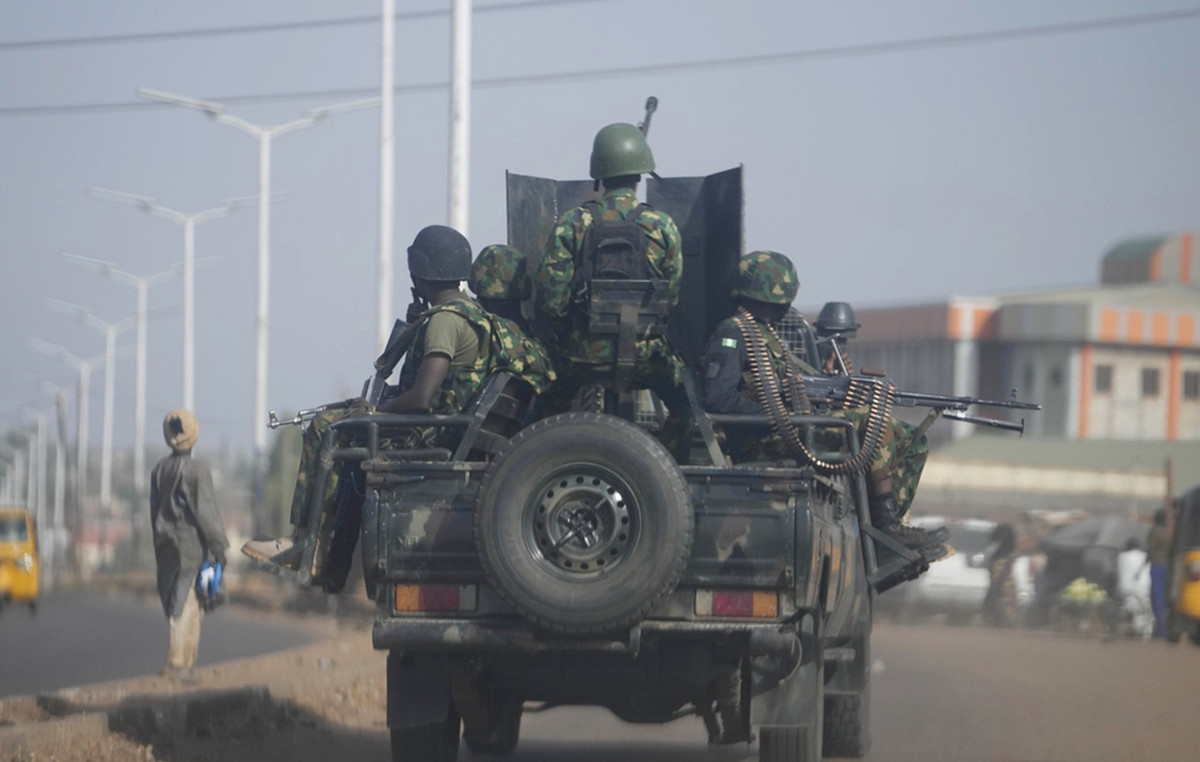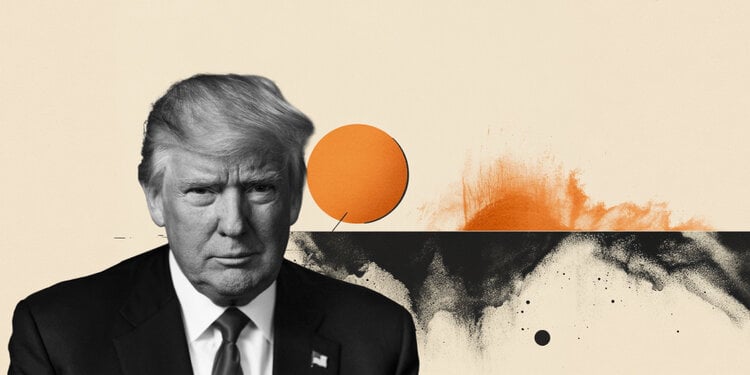Russia has warned Japan of “retaliation measures” if it expands joint naval exercises with the United States near Russia’s eastern borders.
The threat is just the latest warning from Moscow, which has been angered by Japan’s support for Ukraine and its growing ties with North Atlantic Treaty Organization (NATO) countries, and is raising tensions in a long-running dispute. date on the sovereignty of islands captured by Soviet forces at the end of World War II.
Russian Deputy Foreign Minister Igor Morgulov said Tuesday that the US and Japanese naval exercises were “potentially offensive in nature”, according to a report by Russian state news agency RIA- Novosti, released on Tuesday.
“We see such actions on the Japanese side as a threat to our country’s security,” Morgulov said. “If these practices expand, Russia will take retaliatory measures in the interest of strengthening its defense capability.”
However, he did not specify which US-Japan exercises he was talking about – nor did he make explicit what form Russia’s retaliation might take.
Japan has yet to respond to Morgulov’s remarks and has not responded to a request for comment from CNN.
Last week, the US and Japanese navies ended joint exercises in the East China Sea and Philippine Sea with the USS Abraham Lincoln Aircraft Carrier Strike Group.
Earlier this month, Team Abraham Lincoln led similar joint exercises in the Sea of Japan, over which Russia has a long coastline.
According to the US Navy, the US and Japan routinely conduct joint naval exercises in the Indo-Pacific to “maintain stability in a free and open Indo-Pacific region.”
Persistent WWII Dispute
Tensions between Tokyo and Moscow have been rising, fueled by Japan’s support for Ukraine following Russia’s invasion of its western neighbor and the dispute between Japan and Russia over sovereignty over islands north of Japan that were captured by Soviet forces after the surrender of Japan. Japan to Allied forces at the end of World War II.
Japan on Friday described four disputed islands as “illegally occupied” by Russia – the first time in two decades it has used such language.
In its annual diplomatic report released on Friday, Japan’s Foreign Ministry Affairs also referred to the islands, which Russia calls the Southern Kurils, as Japan’s “Northern Territories.”
According to the report, Japan views the islands as “Japanese territories over which Japan holds sovereign rights, but which are currently illegally occupied by Russia.”
While that dispute hasn’t boiled over for decades, Japan’s support for Ukraine has added to the heat in the relationship between Moscow and Tokyo.
On Tuesday, Japanese Prime Minister Fumio Kishida agreed to provide Ukraine with food and medicine, additional financial support, drones and protective face masks, according to a statement released by the country’s Foreign Ministry.
Kishida’s announcement came after he spoke to Ukrainian President Volodymyr Zelensky for the fourth time this year.
Earlier this month, Japan expelled eight Russian diplomats and officials over the war in Ukraine.
Japan’s ‘predictable and transparent’ actions
Analysts said Moscow is nervous at the moment and is discounting frustrations in Japan.
“Japan and the US have done nothing out of the ordinary…nothing that really seems to elicit this level of response,” said James DJ Brown, associate professor of political science at Temple University in Tokyo.
Drew Thompson, a senior fellow at the Lee Kuan Yew School of Public Policy at the National University of Singapore, echoed these reflections, saying that increased military cooperation with the US is the most sensible thing for Tokyo to do.
“Japan is slowly waking up to security threats in its surroundings, and it is doing so in a predictable and transparent manner consistent with a democracy,” Thompson said.
Commander Hayley Sims, a spokeswoman for the US 7th Fleet based in Japan, described the joint exercises in the Sea of Japan in early April as “routine bilateral operations”.
“Our training enhances the credibility of conventional deterrence by demonstrating the strength of our bilateral partnerships,” said Sims.
But Russia has a different point of view.
“I think it really shows the increased irritation on the Russian side, their tendency now to see actions in their neighborhood as always being potentially offensive,” Brown said.
He said Japan’s growing cooperation with NATO allies, including Britain and France, countries Russia has disputes with in Europe, exacerbates tensions in the Pacific.
“One thing the Russians really don’t like is that Japan in recent years has strengthened cooperation with countries other than the United States,” Brown said.
Russian provocations
Russia has been showing its military might around Japan in recent years, analysts said.
Satoru Mori, a professor of contemporary international politics at Japan’s Keio University, said there had been numerous Russian provocations in recent months, such as military exercises on the disputed islands and submarine cruise missile tests in the Sea of Japan.
“Russia has intensified military activities in the vicinity of Japan probably to demonstrate its ability to operate in the Far East, even amid the invasion of Ukraine,” Mori said.
Thompson says Russian threats go back longer, noting in recent years the flights of nuclear-capable Russian bombers near Japanese airspace, and cooperation with China in aviation and naval exercises, including a joint Russian-Chinese naval circumnavigation. of Japan’s main island Honshu in 2021.
“This is Japan responding to the dynamic that began with strengthening Russia-China military cooperation,” Thompson said.
“This is the change that is driving Japanese defense planning and the provision of political resources, not a direct response to these latest Russian threats,” he said. “If anything validates Japan’s strategy of increasing its own ability to deter the use of military force against it.”
Source: CNN Brasil
I’m James Harper, a highly experienced and accomplished news writer for World Stock Market. I have been writing in the Politics section of the website for over five years, providing readers with up-to-date and insightful information about current events in politics. My work is widely read and respected by many industry professionals as well as laymen.







